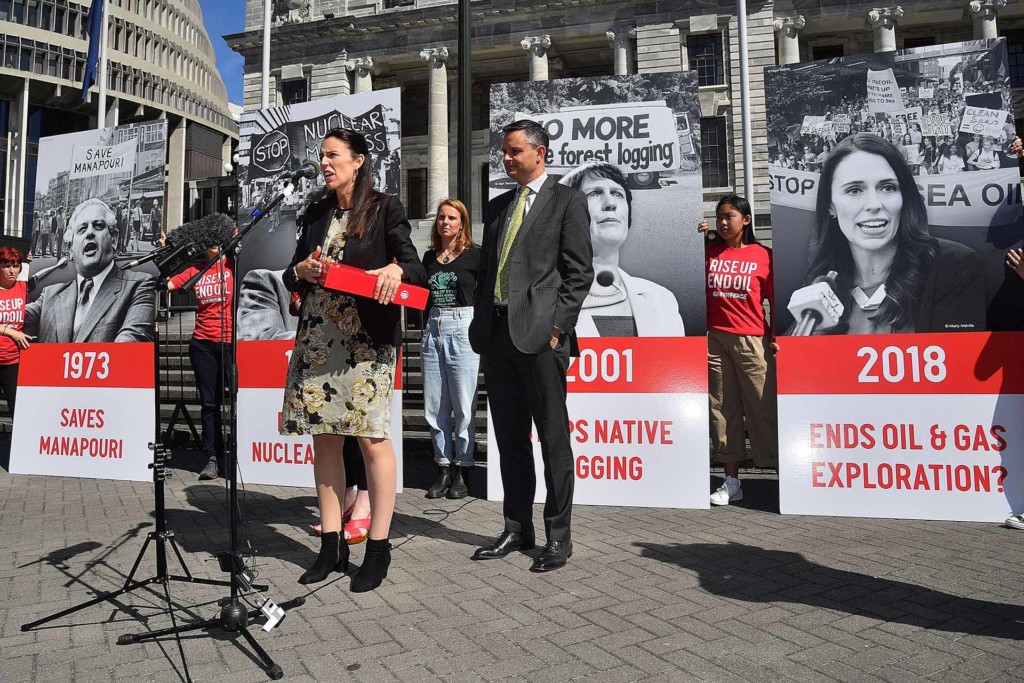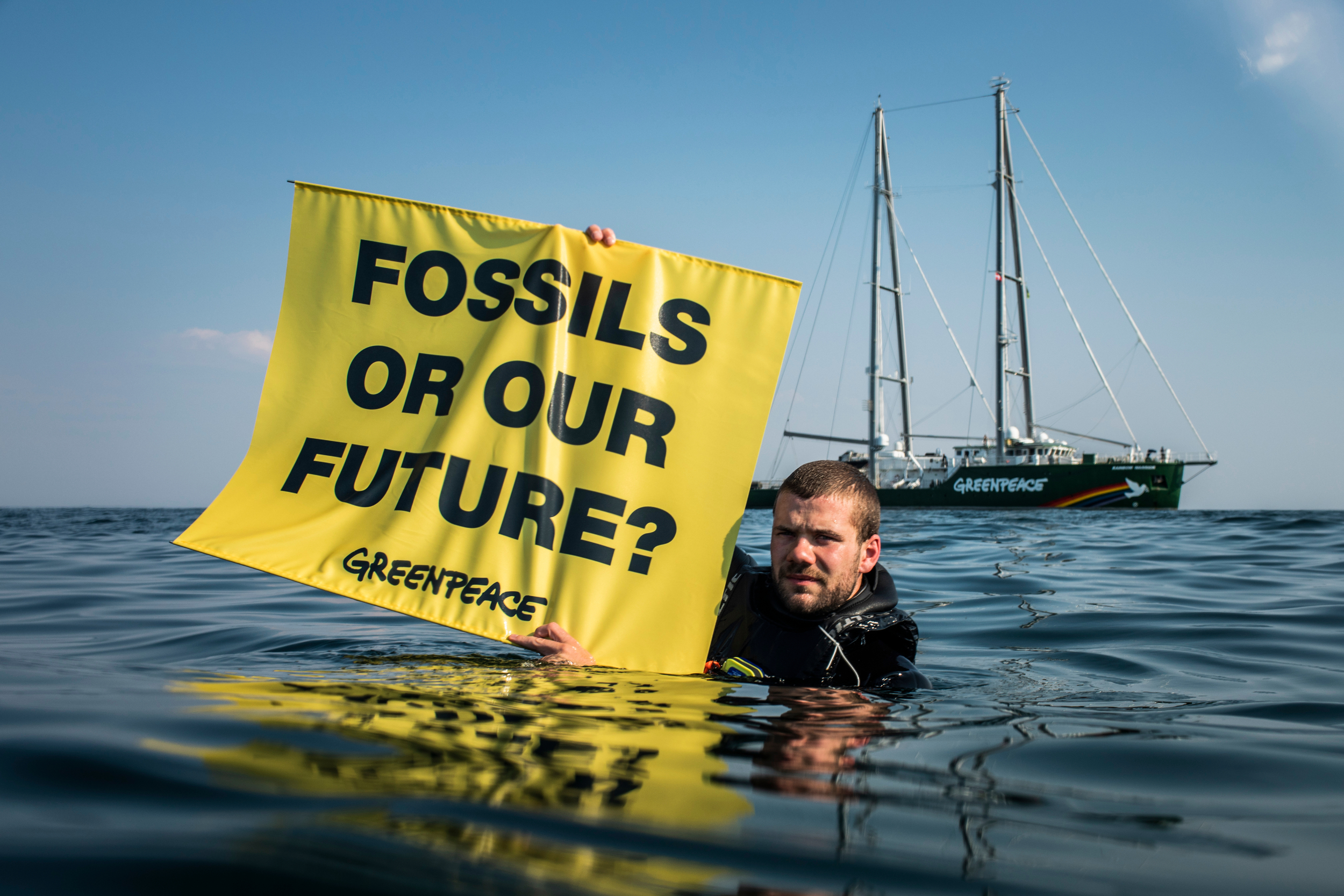Former New Zealand Prime Minister Jacinda Ardern gave an interview to the Guardian newspaper recently about her new book, in which she says she s쳮ded in “removing the politics from climate change” with the Zero Carbon Act.
So, how does this claim stack up? Was she able to remove the politics from climate change, and was the Zero Carbon Act the mechanism?
The Ardern Government did introduce some impactful climate policies, such as the ban on new permits for offshore oil and gas exploration and rules to protect freshwater from dairy cattle pollution, which stopped and slightly reversed the expansion of the dairy sector. These policies were meaningful steps in cutting emissions from fossil fuels and agribusiness, the two largest climate-polluting sectors.

But here’s the thing, these policies were highly political and controversial at the time, and still are today. These policies were and are attacked by fossil fuel companies and dairy companies, and the current far-right New Zealand government is trying to reverse them.
So for these climate policies, policies that had real impact, the politics and controversy were never removed, and it remains today.
On the other hand, the Ardern Government did introduce some climate policies, such as the Zero Carbon Act, that had bipartisan support and were not party ‘political’. The Zero Carbon Act set up an elaborate system of carbon budgets and climate bureaucracy.
But the aspirational targets in the Zero Carbon Act are not binding on the Government. In fact Ardern’s Climate Minister, James Shaw, went to court to defend the non-binding ‘aspirational’ nature of the targets against attempts by activists to make them binding. And of course, the Ardern Government famously backed down on introducing a price on agribusiness emissions, fully half of New Zealand’s emissions, and consequently proposed to meet its Paris target by delivering two-thirds of the emissions reductions through purchasing offshore carbon credits!
Since Ardern’s Government was voted out in 2023, the new far-right Government has introduced at least 50 different policies which increase climate pollution, including a $200m subsidy to fossil fuel companies. It is a shocking list for any government, let alone the government of a country that prides itself on its environmental credibility and support for multilateral climate action. And yet it seems that the Luxon Government is not in breach of the “Zero Carbon Act”, which suggests the Act is of limited value as a mechanism to cut emissions.
The current Prime Minister Chris Luxon happily tells anyone who will listen that he is committed to the Zero Carbon Act, while simultaneously trying to restart oil and gas exploration, approving new coal mines, cutting cycling funding and increasing motorway funding, removing incentives to low emissions vehicles, and most importantly expanding the dairy herd. And so much more.
The Zero Carbon Act may not have done much to cut emissions but it sure has been a useful tool in the current government’s climate greenwashing.
So my conclusions from this are twofold.
Firstly, policies that seriously cut climate pollution will be opposed by the polluting industries and their political representatives. The politics will not be removed.
Secondly, be very suspicious of climate policies that are not opposed by climate polluters and their representatives. Ardern backed down on introducing policies that would cut agribusiness pollution by pricing it, and then called it a victory for consensus. But I think it would be more accurate to call it a capitulation.
The role of politics is to deal with the issues that are inherently conflictual, to try to resolve issues about which society is divided. And climate policies will always be conflictual because while we have a collective interest in a stable climate, there are powerful companies who have a private interest, profits, in continuing climate pollution. And they and their political representatives will consistently oppose real policies to cut emissions.
So if you really want to protect the habitability of planet Earth, if you really want to protect a stable climate, then you’re going to have to fight for it. The good thing is that civil society is willing to fight for it, and oil and gas exploration has not restarted in Aotearoa because the oil and gas companies are leery of regulatory uncertainty and civil society resistance. Let’s keep it that way.

Sign the open letter to the oil industry – We will resist oil exploration
Sign on


